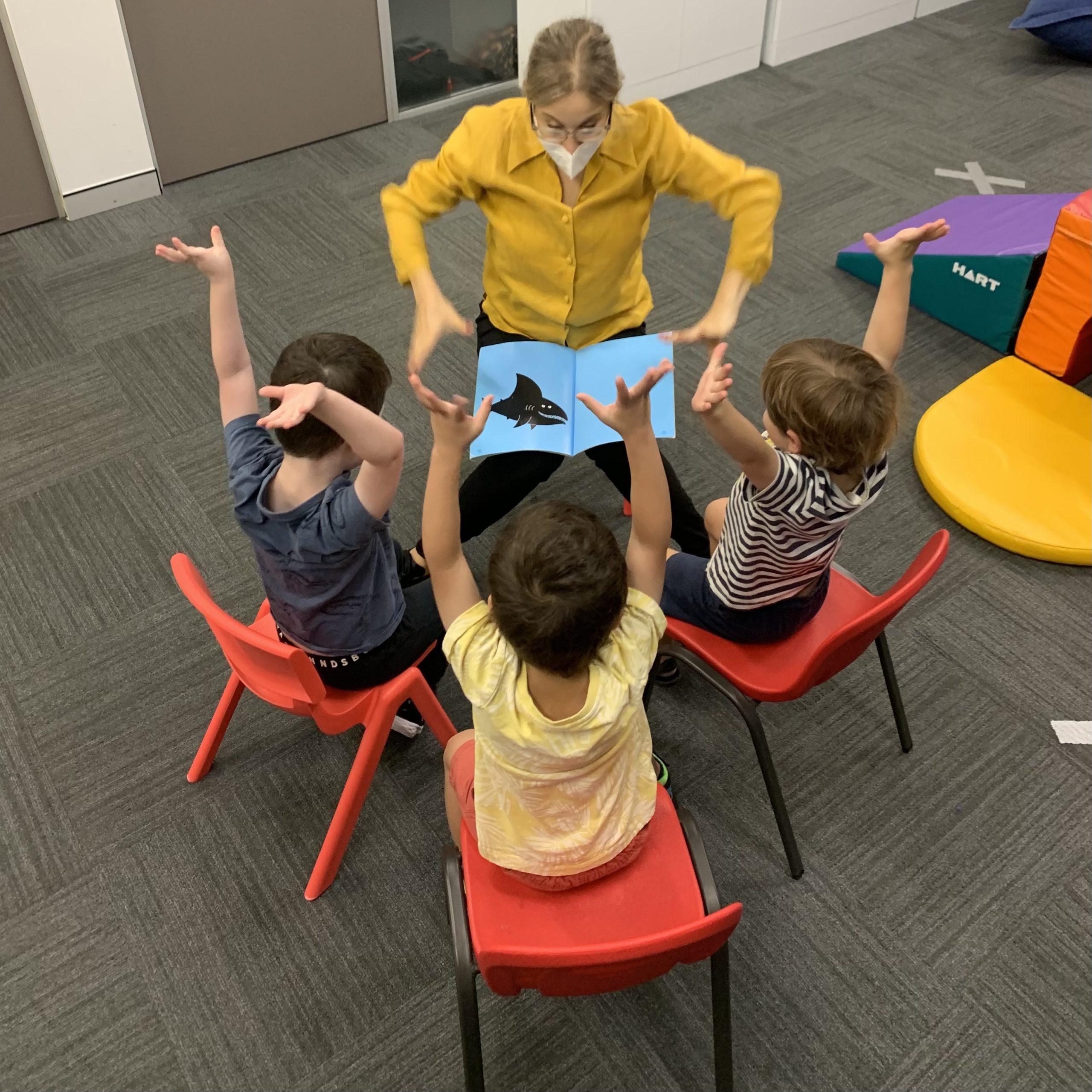
The Early Start Denver Model (ESDM) places a significant emphasis on imitation development. It is a core component of the ESDM intervention strategy for young children with autism spectrum disorder (ASD). Imitation is a fundamental social learning skill, critical for cognitive and social development. It involves many things. This includes the ability to observe and replicate the actions, behaviours, and expressions of others. It serves as a foundation for more complex social interactions and communication skills.
Importance of Imitation in ESDM
Imitation is particularly crucial for children with ASD. This is because they often struggle with social communication and observational learning. By fostering these skills, ESDM helps these children learn from their environment and peers. It turn, this enhances their ability to engage in social interactions with peers, and learn new behaviours and skills by observing others.
Strategies for Developing Imitation Skills
- Modelling: Therapists and parents consistently model desired behaviours and actions. They do so in a manner that is engaging and easy for the child to imitate. This can range from simple actions like clapping hands to more complex sequences such as playing with toys.
- Reinforcement: Positive reinforcement is used to encourage imitation. When a child successfully imitates an action, they receive positive reinforcement. This can be praise, a favourite toy, or another reward. The positive reinforces encourages the behaviour and increases the likelihood of it being repeated.
- Structured Activities: ESDM incorporates structured activities specifically designed to promote imitation. These activities are often playful and enjoyable, making the learning process fun and motivating for the child. Examples include mimicking animal sounds, copying dance moves, or replicating the therapist’s facial expressions.
- Gradual Progression: Imitation tasks are introduced in a gradual, step-by-step manner, starting with simple, gross motor actions, and progressively moving to more complex and fine motor tasks. This approach ensures that children are not overwhelmed and can build their imitation skills incrementally.
Outcomes and Benefits
Developing imitation skills through ESDM has profound benefits. Children who master this are better equipped to learn new skills, understand social cues, and engage more effectively with others. Improved imitation skills also contribute to better language development and cognitive growth, as children can more easily understand and replicate the behaviours, play skills and language patterns they observe in their environment.
By prioritising imitation development, ESDM helps children with ASD build a strong foundation for ongoing social, communicative, and cognitive development, significantly enhancing their overall development.
Meet Mia
Mia is a lively 3 year old who is in our group ESDM program. She has a diagnosis of Autism Spectrum Disorder (ASD). Her ESDM Therapists introduced imitation skills into her program to support her social engagement and play development. They taught her to imitate actions in songs, and and imitate actions on toys. Now, Mia loves joining group time at daycare where she imitates actions in all the songs. She plays with toys that have multiple actions after imitating her therapists. Her parents love the fact that Mia imitates their dance moves when they put music on!
Start Your Child’s Journey to Brighter Futures Today!
At OneOnOne Children’s Therapy, we specialise in the Early Start Denver Model (ESDM) to support your child’s development. Our dedicated team is here to help your child achieve their full potential through personalised, evidence-based interventions. Contact us now to schedule a consultation in our Bondi junction or Mascot clinic and take the first step toward a brighter future!
Call us on (02) 80657837 or email. You can book a free 30 minute phone call with us to discuss how we can support your child’s unique journey
